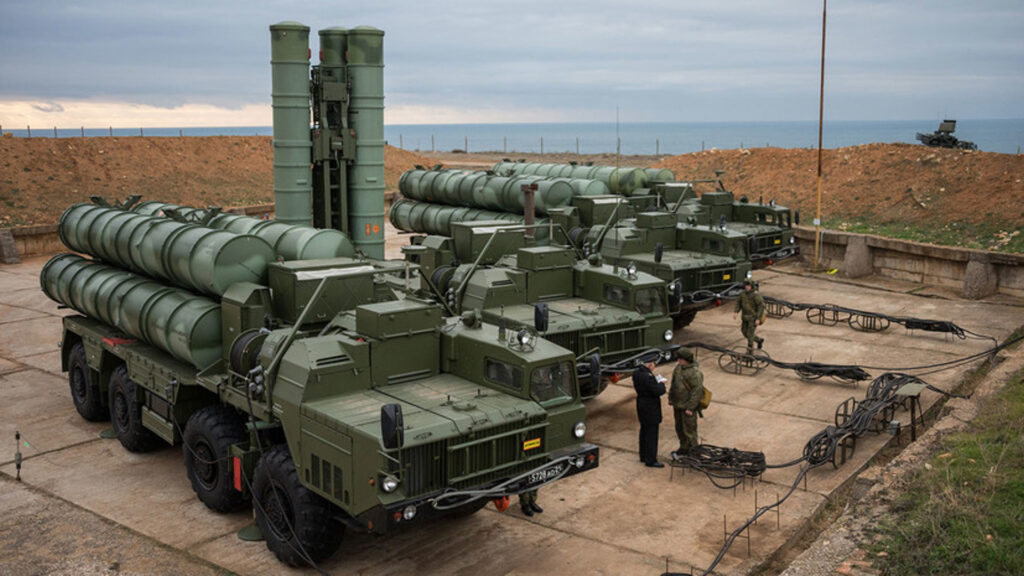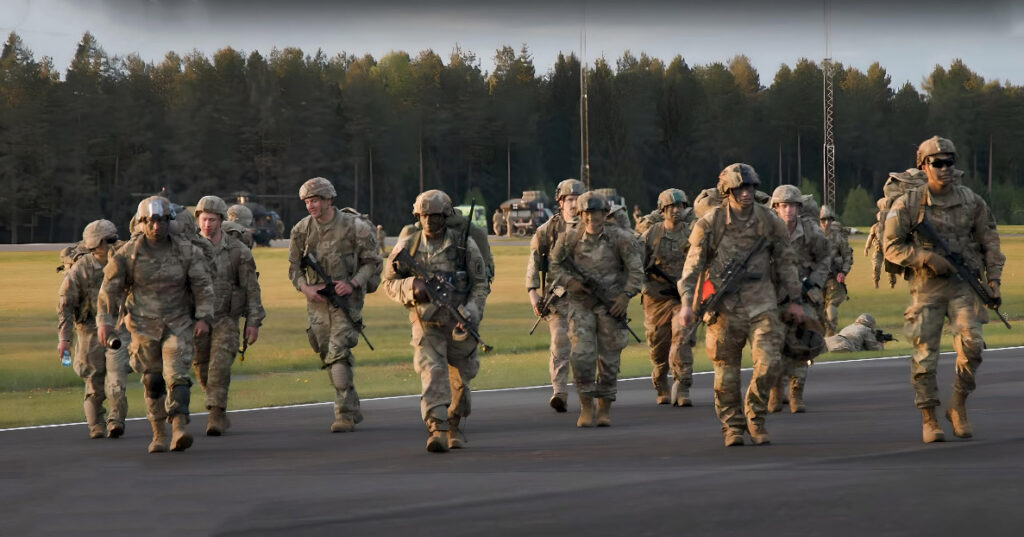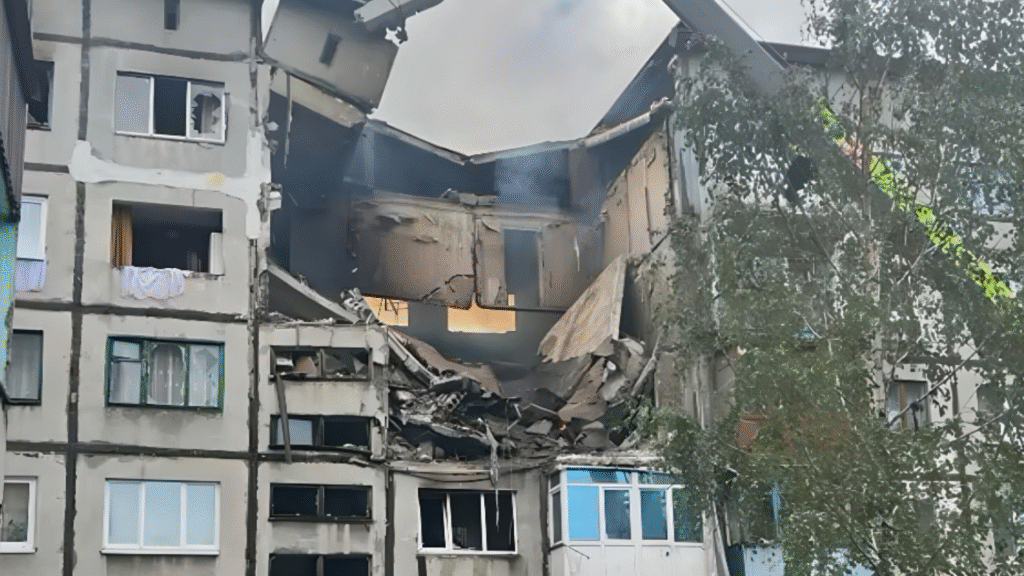ANKARA, June 26, 2025 — Turkish President Recep Tayyip Erdogan on Wednesday unveiled a bold and long-anticipated initiative that could redefine the country’s security architecture. During a speech in Ankara, he stressed the urgent need for Turkey to move away from reliance on foreign air defense systems, including the Russian-made S-400, and focus instead on developing a multilayered air defense network built on domestic technologies.
According to Erdogan, amid rapidly evolving threats and growing regional instability — particularly in light of the recent escalation between Iran and Israel — it is more critical than ever for Turkey to have a sovereign defense structure. He emphasized that the recent conflict revealed vulnerabilities in the current defense setup and demonstrated how vital it is to invest in indigenous solutions.
“We can no longer afford to rely on off-the-shelf systems developed by others. Our security must be shaped by our own capabilities, not by compromise,” he stated.
Notably, although Turkey had previously staunchly defended its acquisition of the S-400 in the face of international backlash, Erdogan’s rhetoric has now taken a noticeably more pragmatic tone. The S-400 is now framed more as a temporary measure during a transitional phase rather than a long-term cornerstone of national defense.
The president highlighted domestic defense projects — Siper, Korkut, Hisar, and Sungur — as proof that Turkey can build its own defense ecosystem. These systems, he said, are key to achieving strategic autonomy, as they enable Turkey to meet internal needs while also expanding its defense export potential.
He placed particular emphasis on the “Steel Dome” project — a multi-tiered defense network integrating radar sensors, surveillance systems, and electronic warfare capabilities. Despite its ambitious scope, Erdogan acknowledged that progress on the project has been slow and called for more coordinated efforts across government and industry.
Turkey has already begun discussions with key NATO partners about possible technological cooperation. At the NATO summit in The Hague on June 25, the Turkish delegation presented its modernization concept and expressed interest in joint development programs. Sources close to the talks said Turkey received proposals from several countries to integrate next-generation systems in the future.
Experts view Erdogan’s statement as a sign that Ankara may be rethinking its defense strategy. They argue that Turkey is seeking a balance between maintaining strategic independence and entering beneficial technology partnerships.
“This is less about abandoning past decisions and more about a strategic realignment driven by current realities. Turkey understands that control over technology means control over the future,” said one security analyst.
However, the path toward a self-reliant defense ecosystem will not be easy. In addition to technological and production challenges, Turkey will have to navigate logistical and political complexities stemming from previous agreements.
Still, as Erdogan’s remarks made clear, Ankara is prepared for a systemic transformation — and is not afraid to revise earlier commitments, especially when national resilience is at stake.




